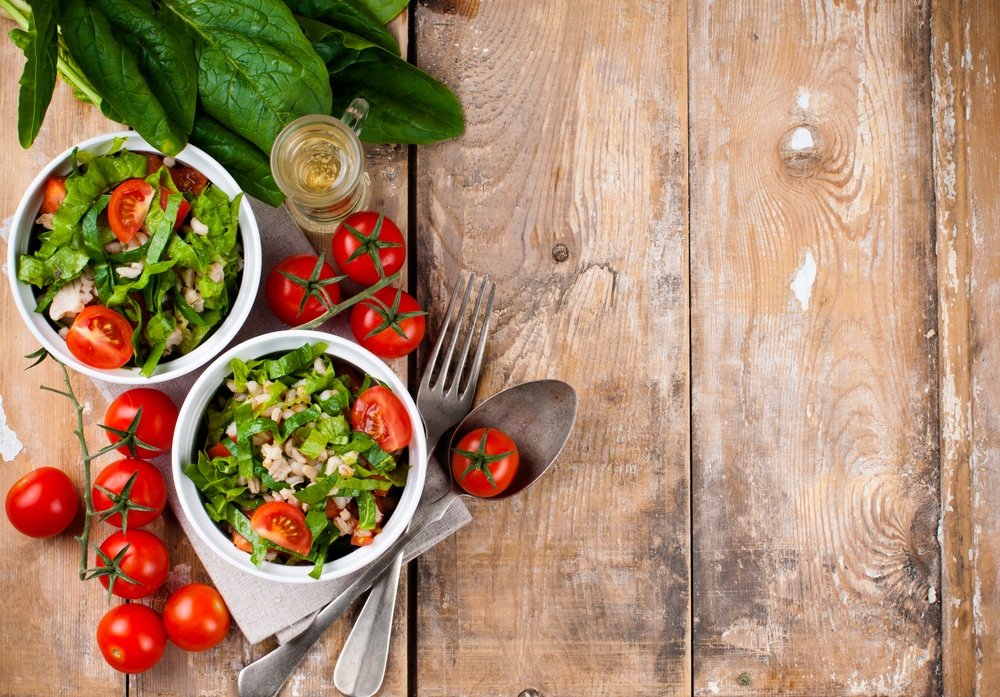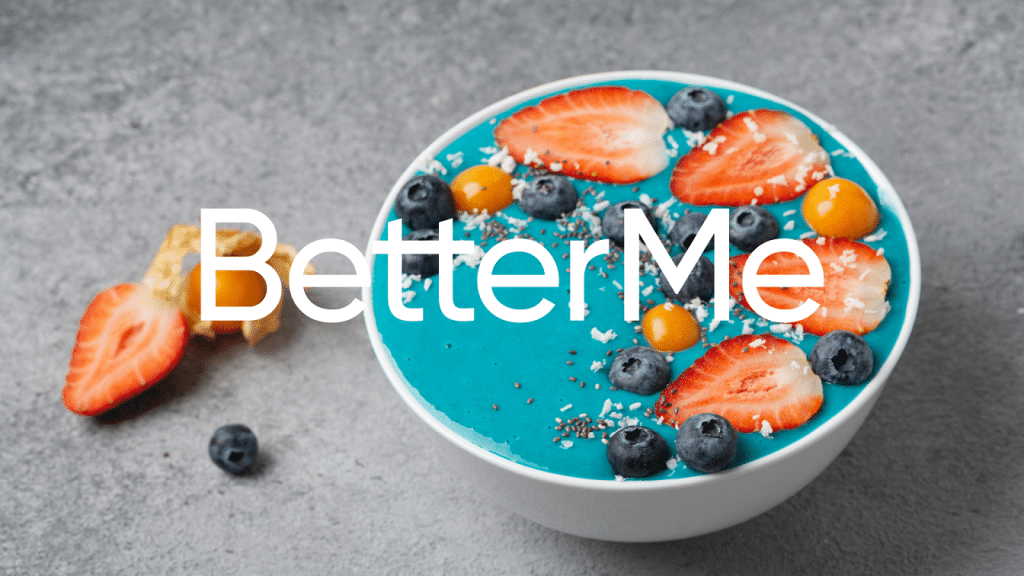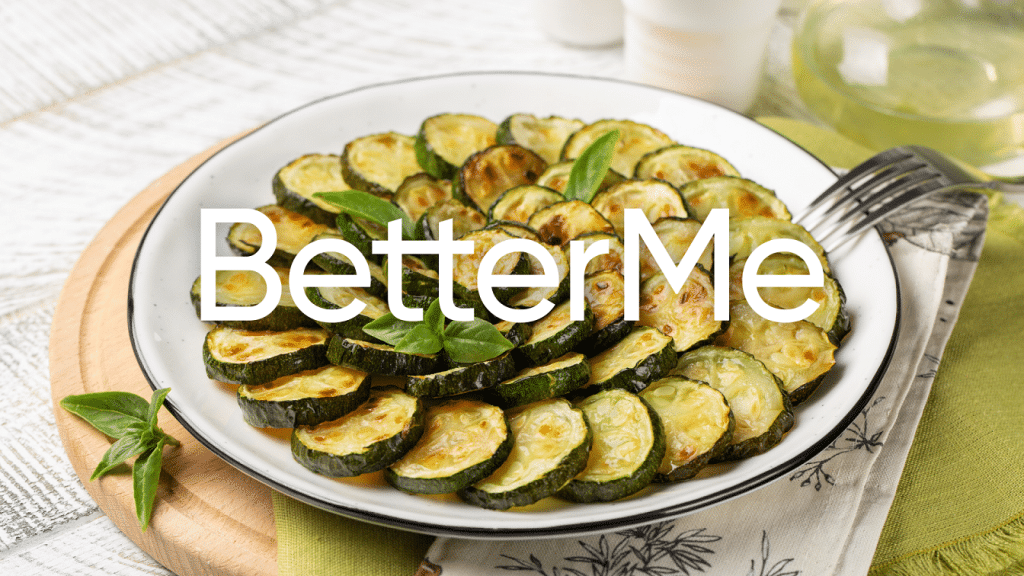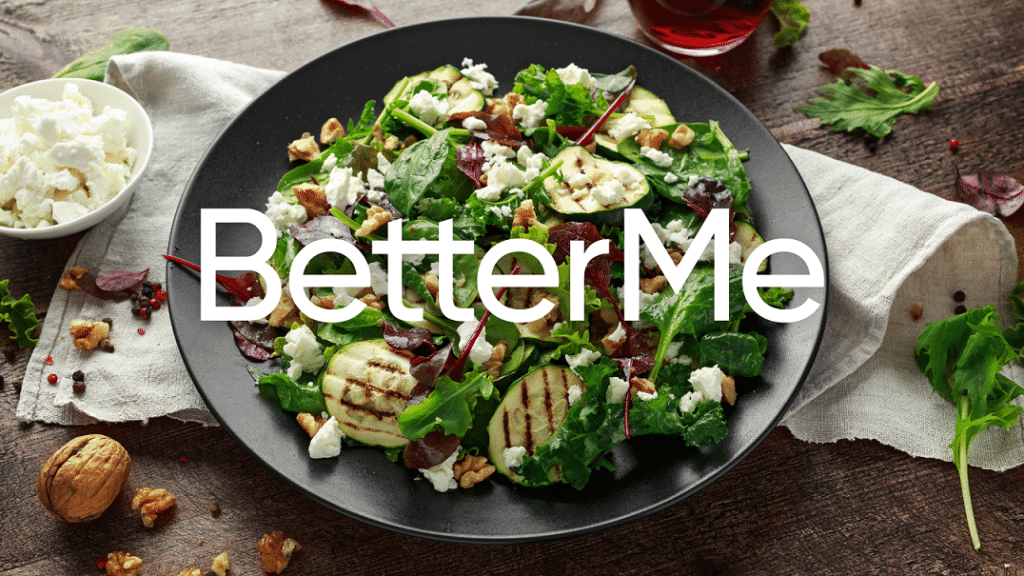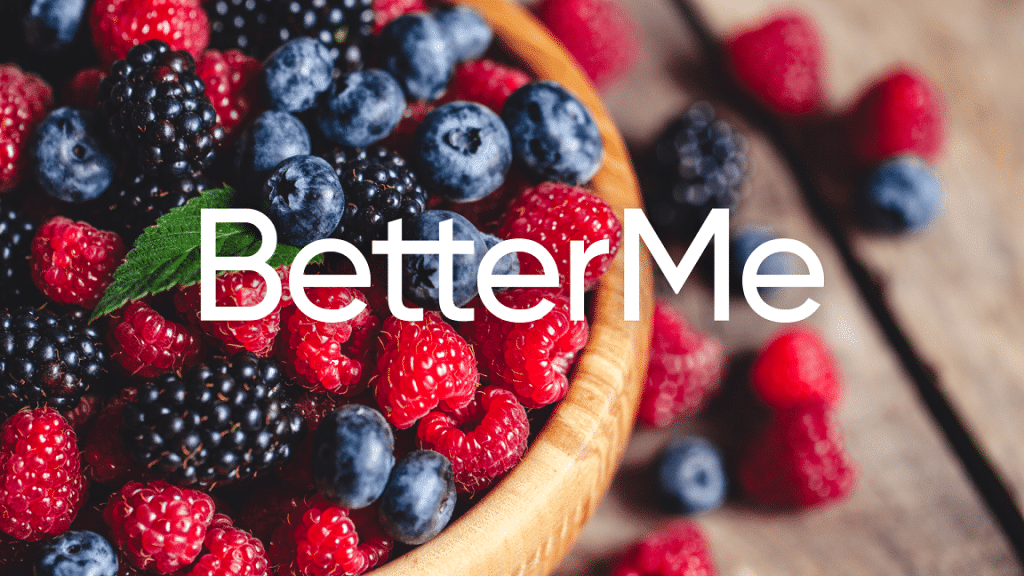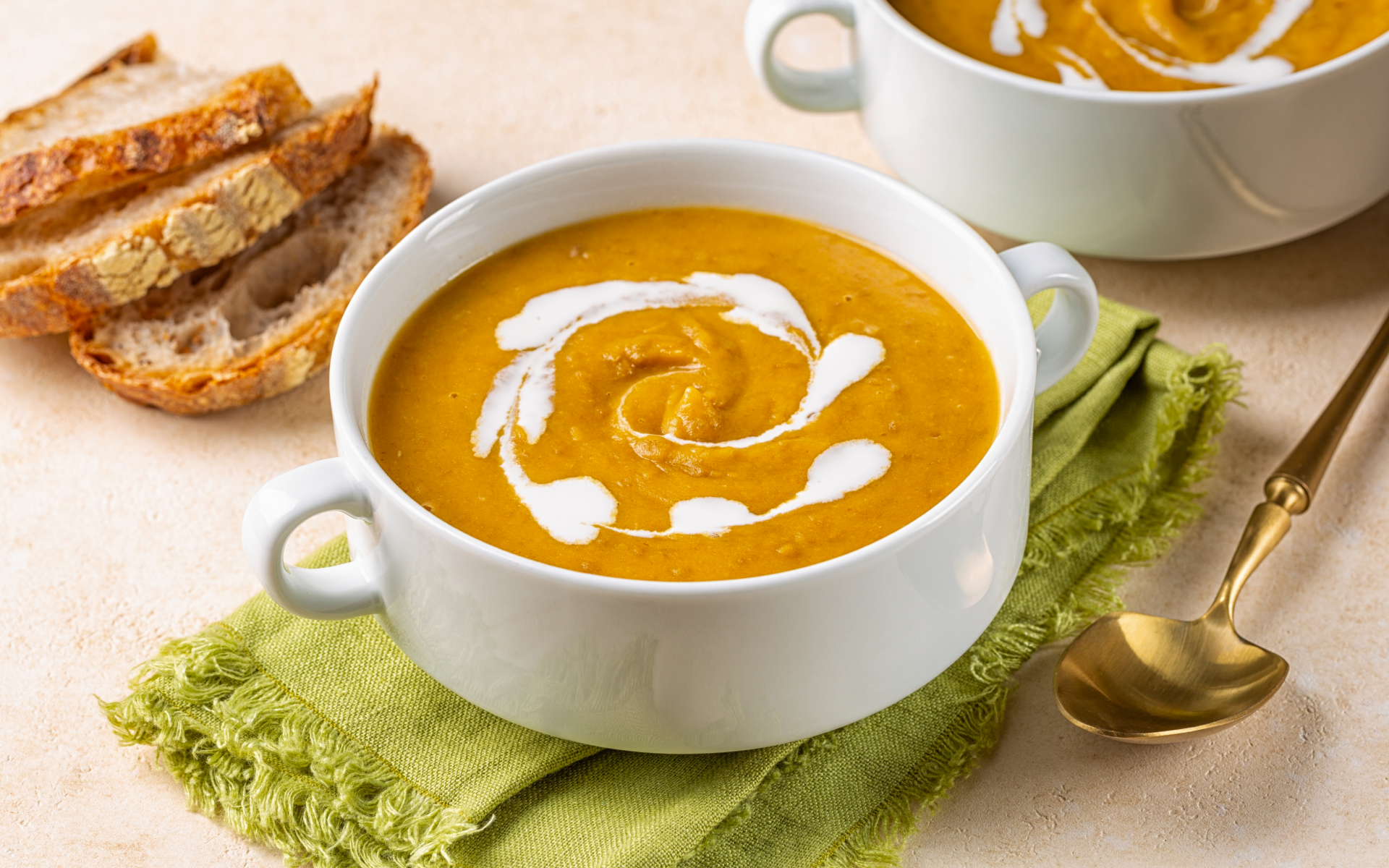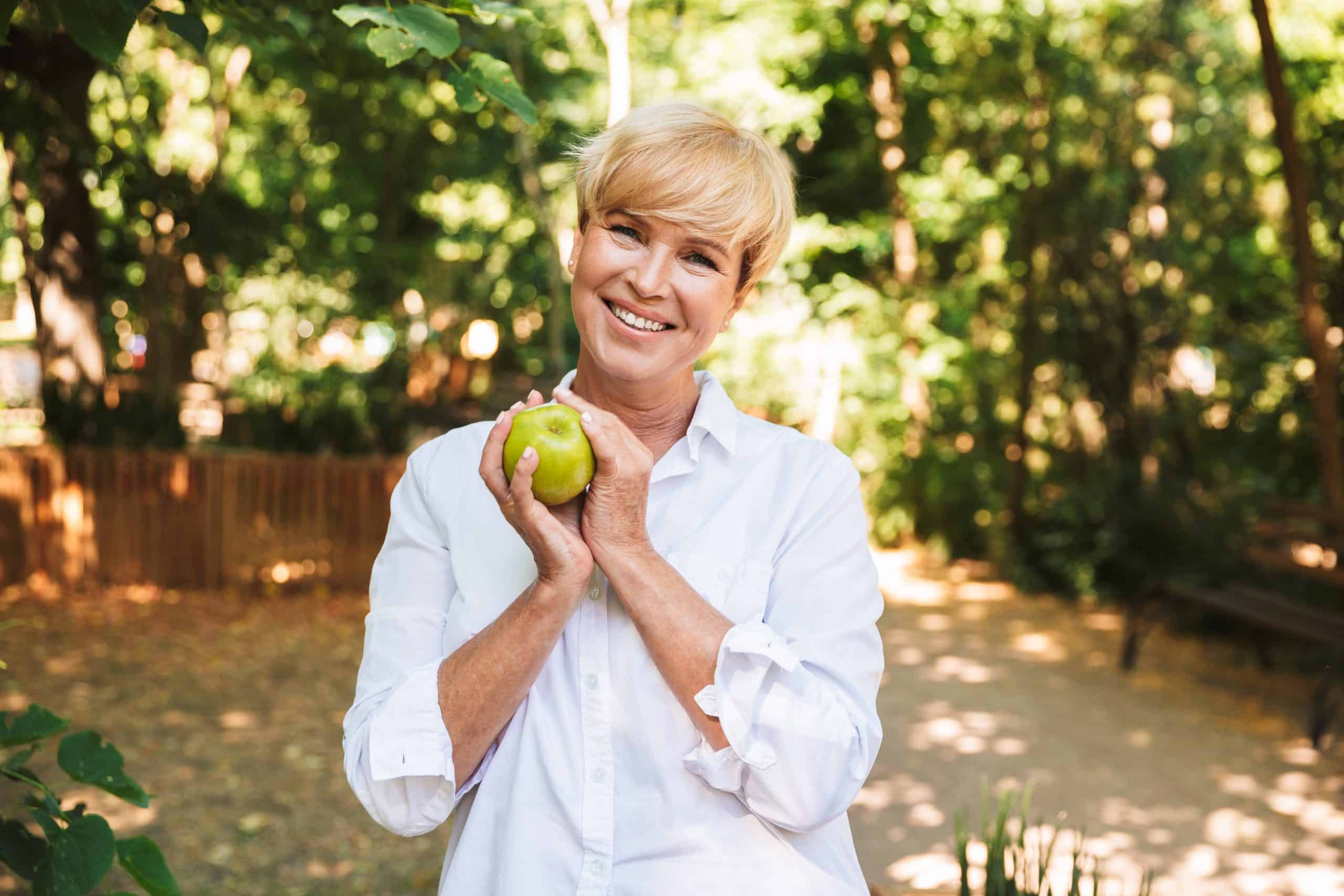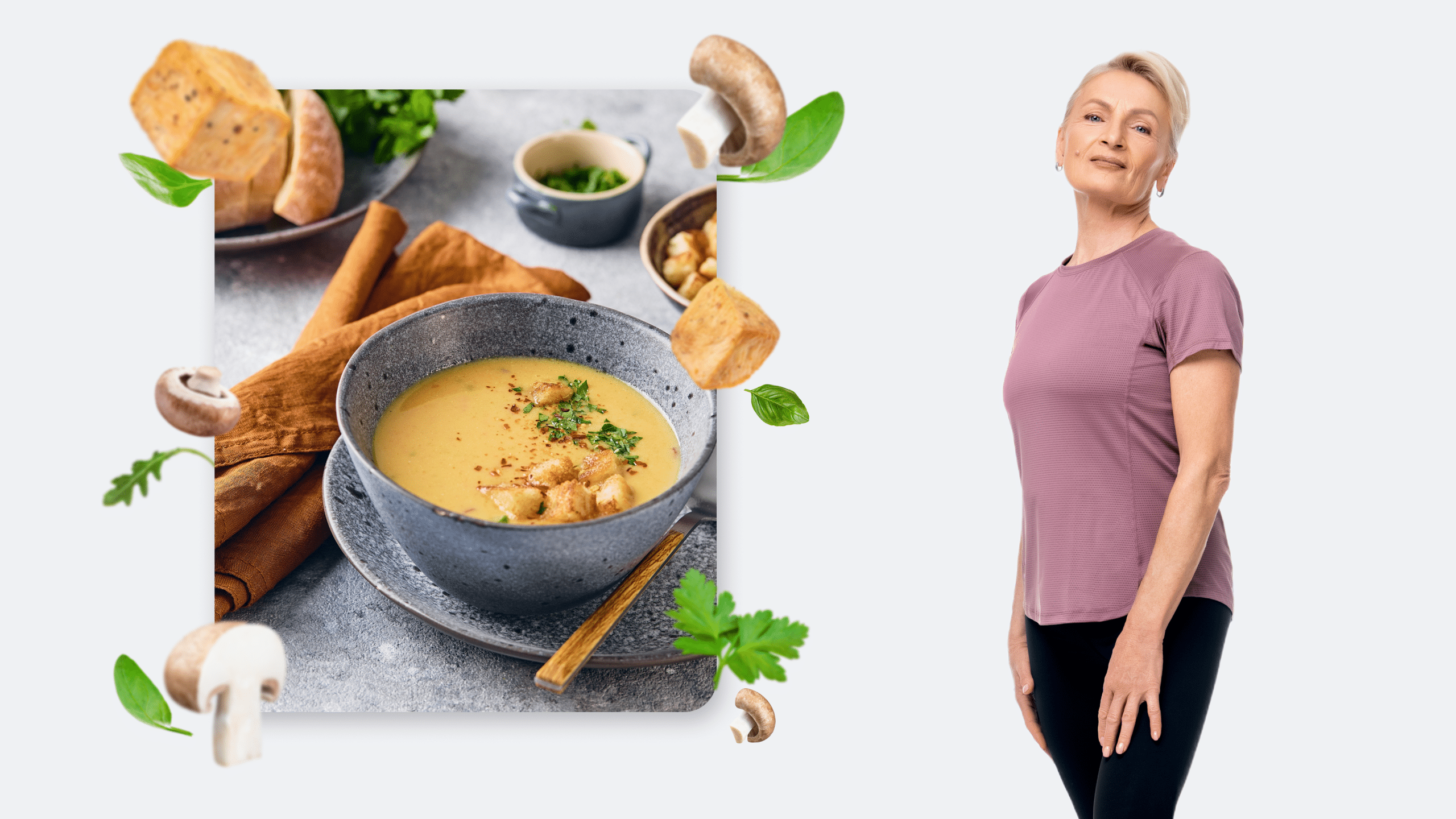Veganism is a way of life. Not to be confused with vegetarianism, veganism is about abstaining from using and consuming animal products altogether — including meat, dairy, egg, and honey. Veganism in its pure sense is all about respecting and protecting animals and the environment as much as possible (15). Vegans can be extremely healthy when properly following their diet. But with so many options to choose from, it’s easy to fall into the trap of unhealthy veganism. If you’re considering switching over (or are already living the life), then read on for eight different types of vegan diets that vary in terms of level of healthiness.
Get your personalized
meal plan!
Types Of Vegan Diets: Raw Vegan Diet
As the name suggests, raw vegans eat only raw plant foods (11). These foods are generally considered healthy already — a diet consisting of 100% raw produce is extremely high in fiber, and low in saturated fat, sodium, and calories.
The idea behind this diet is the belief that cooking food at high temperatures destroys the enzymes and nutrients inside (7).
That said, not all raw vegan food is eaten cold. Those following this lifestyle can heat their food to 40 degrees Celsius (104 degrees Fahrenheit) — just enough to slightly warm the food and make it taste better.
Pros Of A Raw Vegan Diet
Eating a diet consisting of 100% raw food is a great way to:
- Meet your daily requirement for fruits and vegetables every day.
- Eat more whole, unprocessed foods which can enable weight loss.
- Increase fiber intake.
- Reduce intake of saturated fat and sodium.
Cons Of A Raw Vegan Diet
This diet may not be suitable for all because it is (17):
- Extremely restrictive, difficult to follow long term.
- Low in protein and essential fatty acids.
- Lacks important nutrients like calcium and vitamin B12.
- Potentially triggering for those with eating disorders.
- Time and money consuming.
Read More: B12 Foods Vegan: Richest Vitamin B12 Foods For Vegans
Types Of Vegan Diets: Gluten-Free Vegan Diet
A gluten-free vegan diet consists of mostly the same foods as a raw vegan diet. The only difference is that gluten-free vegans also avoid products containing wheat or derivatives of wheat, including barley, rye, spelt, kamut, farina, durum flour, triticale, couscous, bran and semolina.
Gluten is a name for the proteins found in wheat, barley, and rye — it’s what makes bread dough stretchy and elastic (23). But for those who suffer from celiac disease, gluten can inflict serious damage to the small intestine and prevent absorption of nutrients while causing uncomfortable symptoms (5).
Pros Of A Gluten-Free Vegan Diet
Some people find that:
- They feel better eliminating gluten.
- They have fewer digestive issues when cutting wheat out of their diet.
Cons Of A Gluten-Free Vegan Diet
For others, this diet can lead to:
- Lack of important B vitamins like niacin and riboflavin (found in whole grains).
- Not getting enough fiber because gluten free grains like quinoa and amaranth aren’t true grains.
- Nutrient deficiencies from lack of variety in foods.
- Many gluten free vegan foods are highly processed, full of additives, and not good for your health.
Types Of Vegan Diets: Fruitarian Vegan Diet
Fruit is the main focus of the fruitarian vegan diet. Individuals following this diet eat only fruits, nuts, and seeds.
However there are many versions of this vegan diet. Some fruitarians restrict themselves to eating only fruit that has fallen naturally from a plant. Others abstain from eating seeds because they contain future plants. Yet, others include pulses such as beans and peas in their meals.
Pros Of A Fruitarian Vegan Diet
Some people find that:
- Eating only fruit makes them feel light and healthy
- They have better digestion when their diet is mainly fruits, which are easy to digest. And seeds add bulk to stools (9).
Cons Of A Fruitarian Vegan Diet
For others, this diet can lead to:
- Spikes in blood sugar levels (14). Fruit is very high in natural sugars and some have a high glycemic index. Fruitarians can eat as much as 10 times more sugar than the average person.
- Monotonous eating — you’re only eating one type of food, which can lead to boredom and lack of variety.
- Low intake of essential fats found in nuts and seeds, which are needed for healthy skin, hair, and nails.
- Nutrient deficiencies from eating only fruit are common because fruit generally doesn’t contain high levels of calcium, iron, vitamin D, zinc, vitamin B12 or omega-3 fatty acids.
- Too much fiber makes it difficult for the body to assimilate nutrients, particularly calcium and iron (6).
Reasons why BetterMe is a safe bet: a wide range of calorie-blasting workouts, finger-licking recipes, 24/7 support, challenges that’ll keep you on your best game, and that just scratches the surface! Start using our app and watch the magic happen.
Types Of Vegan Diets: Whole Food Vegan Diet
In a whole food vegan diet, the focus is on eating foods that have been minimally processed. It is associated with many healthy benefits including weight loss, reduction in blood sugar and cholesterol levels (10).
Those who follow this lifestyle eat as close to nature as possible by sticking with unrefined plant-based foods like:
- Fruits and vegetables: whole, fresh produce like leafy greens and other types of vegetables as well as fresh fruits
- Grains: unrefined grains like oatmeal, wheat breads, quinoa and brown rice
- Legumes: such as chickpeas, black beans and kidney beans
- Nuts and seeds as well as some nut butters
Pros Of A Whole Food Vegan Diet
Eating whole foods ensures that you’re getting all of the needed nutrients, which can help:
- Lower risk for developing chronic diseases like cardiovascular disease and certain types of cancer since eating this way is high in phytochemicals (compounds found in plant foods) (2).
- Buying less highly processed vegan products, which means more money saved since you’re buying whole foods that will last longer.
Cons Of A Whole Food Vegan Diet
In some cases, this diet can lead to:
- Not getting enough calories because caloric density is low with plant based foods.
- Feeling overly full and bloated from eating a lot of fiber found in fruit, vegetables, legumes, and whole grains.
- Not eating enough omega-3 fatty acids, which are found in walnuts, flax seeds, chia seeds, hemp seeds, and walnuts. Some vegans can also get their daily dose of DHA from microalgae oil supplements (1).
Read More: 7-Day Vegan Cleanse Diet Guideline: What It Takes To Design A 7-Day Vegan Detox Diet
Types Of Vegan Diets: Junk & Convenience Food Vegan Diet
For people on a junk food vegan diet, the lifestyle is less about health and more about ethics. They are on this lifestyle because they care about animals and the environment, not because they want the health benefits of being vegan.
This vegan diet is heavily plant-based, but it can be very high in sugar and fat. Those on this diet tend to eat a lot of whole and processed vegan foods like:
- Fruits, veggies, grains, legumes & nuts
- Vegan cookies, candies and chocolates
- Faux meat and cheese products
- Convenience foods
- Cereal, breads, pasta dishes
Pros Of A Junk Food Vegan Diet
There are a few advantages to eating a junk & convenience food vegan diet:
- Sometimes this is the easiest way for vegans to socialize with their family and friends because it’s easy to find vegan junk food in most places.
- It may work if you’re in recovery from disordered eating and restriction since it allows you to eat all kinds of different foods while following your moral compass.
- It may be easier to follow when you’re just starting out on a vegan diet and come from a very junky omnivorous diet.
Cons Of A Junk Food Vegan Diet
For some, this diet may not be the best choice because:
- High sugar intake can lead to weight gain as well as insulin resistance, which over time can increase risk for heart disease and type 2 diabetes since there is little or no fiber in junk food, which can help slow down the rate at which sugar is released into the blood (21).
- High levels of fat intake are associated with an increased risk for cardiovascular disease. The downside to processed vegan foods is that they often contain hydrogenated oil, which is known as trans fat. This type of fat has been linked to higher risk for heart disease (19).
- Those on this vegan diet may be at risk for not eating enough fruits and vegetables, which can affect vitamin intake.
- This type of vegan diet is often high in salt because processed foods are usually loaded with sodium. Too much sodium increases your risk of hypertension (20).
Types Of Vegan Diets: Raw Till 4 Vegan Diet
Popularized by Australian athletes Freelee and Durianrider (social media aliases), the raw till 4 vegan diet entails eating only raw vegan foods until at least 4 pm (18). Then, you may have a cooked meal for dinner.
It emphasizes mono meals, cutting out salt, oil, caffeine, and alcohol. You’re also encouraged to drink around 4 liters of water a day.
The purpose of this diet is to make eating raw foods more sustainable. The founders’ philosophy behind this is that they believe it allows them to give their digestive system a break from digesting complex foods and that it also helps reduce inflammation in the body.
The raw till 4 vegan diet is designed to encourage weight loss by eating large amounts of food (2,500 – 3,000 calories per day). It’s very high in carb, low fat, and low protein and followers often combine it with running or cycling.
This diet emphasizes foods such as:
- Lots of fruits like bananas, mangoes, berries, stone fruit, dates, figs and more
- Starches like pasta, potatoes, rice or corn
- Some vegetables as a side-dish, mostly tomato sauce and leafy greens
Pros Of A Raw Till 4 Vegan Diet
This diet works for some because it:
- Doesn’t restrict you to eating small portions of food.
- It’s easy to follow when you’re hungry because it allows for plenty of calories.
- Is only a temporary diet, which makes it appealing if you want to lose weight fast.
Cons Of A Raw Till 4 Vegan Diet
For others, this vegan diet may not be the best choice because:
- It’s very low in protein so this can be problematic since amino acids help with tissue repair, immunity and hormone regulation (3).
- It’s very high in carbs which isn’t ideal for everyone, especially those who need to manage their blood sugar (4).
- It’s very low in fat, which can lead to problems since essential fatty acids help protect from inflammation and they’re also necessary for brain function (22).
- This vegan diet is very low in calcium, vitamin D and B12.
- It’s high in calories and may not result in weight loss without a consistent workout routine.
BetterMe app will provide you with a host of fat-frying fitness routines that’ll scare the extra pounds away and turn your body into a masterpiece! Get your life moving in the right direction with BetterMe!
Types Of Vegan Diets: Paleo Vegan Diet (Pegan Diet)
The paleo vegan diet is a variation of the paleo diet. Paleo is a diet plan which is also known as the caveman diet. It involves eating whole foods, unprocessed and unrefined, so that you mimic the diet of people living in the Paleolithic era, before agriculture was invented.
The paleo diet has been linked to health benefits in some people including reduction in cholesterol levels, blood pressure and plasma insulin levels (16).
Paleo vegans eat plenty of fresh vegetables, fresh fruit, nuts and seeds. Strict paleo vegans or pagans do not eat legumes or grains as these were not eaten in the early stone age. Paleo vegans do not eat meat.
Pros Of A Paleo Vegan Diet (Pegan Diet)
This vegan diet is good for some people because it:
- Is focused on eating plenty of fruits and vegetables.
- It’s low in processed foods so it can help reduce your intake of unhealthy fats, salt and added sugar.
- Is high in fiber, which is beneficial for heart health (8).
Cons Of A Paleo Vegan Diet (Pegan Diet)
For others, this vegan diet may not be the best choice because:
- It’s very low in carbohydrates so it may be hard to get enough energy from the diet.
- It’s very low in calcium and vitamin D.
- It is very restrictive and can result in deficiencies because of its lack of grains and legumes, which are good sources of (24):
- B vitamins: Necessary for healthy red blood cells and cell metabolism
- Iron: Necessary for oxygen transport and immunity
- Magnesium: Helps with blood sugar regulation and carbohydrate metabolism
- Calcium: Necessary for bone health
Types Of Vegan Diets: Freegan Diet
Freegans are individuals who strive to address the exploitation of the earth’s resources by examining their consumption and waste production. They are against waste by capitalist society.
Like most types of vegan diets, freeganism is also a philosophy that encourages people to reduce harm to animals and their environment. Freeganism is a lifestyle that encourages frugality so that people can live a more ecologically responsible lifestyle (12).
The main focus of the diet is:
- Reducing waste and consumption by reusing and recycling what you can find in your neighborhood (dumpster diving)
- Proposing a lifestyle which emphasizes sharing and bartering instead of money
Pros Of A Freegan Diet
This vegan diet is good for some people because it:
- Is frugal and encourages recycling.
- Encourages people to reduce waste by reusing items that would otherwise end up in a landfill.
- Can be healthy if you are able to eat foods that are fresh and in good condition.
Cons Of A Freegan Diet
For others, this vegan diet may not be the best choice because:
- It requires a lot of time so it might not work for people who have rigid daily schedules.
- It’s difficult to ensure that you’re getting all the vitamins and minerals that you need when you eat only dumpstered foods, which might not be in good condition or fresh. This also increases your risk of foodborne illness.
- If food is obtained from a commercial source instead of directly from nature (i.e. dumpster diving at grocery stores), it may contain harmful chemicals that are difficult to remove (13).
- Not all sources of freegan vegan food are legal (dumpster diving at farms is illegal).
- Not all freegan food has been tested for contaminants like lead and mercury.
The Bottom Line
A vegan lifestyle can be very healthy if done correctly. However, there are some vegan diets that may not provide you with all the nutrients that your body needs to function properly.
It’s important to research the different types of vegan diets to see which ones might work best for you and your lifestyle. Talk to a dietitian about how you can make sure to get all the necessary nutrients your body needs without eating animal foods.
DISCLAIMER:
This article is intended for general informational purposes only and does not serve to address individual circumstances. It is not a substitute for professional advice or help and should not be relied on for making any kind of decision-making. Any action taken as a direct or indirect result of the information in this article is entirely at your own risk and is your sole responsibility.
BetterMe, its content staff, and its medical advisors accept no responsibility for inaccuracies, errors, misstatements, inconsistencies, or omissions and specifically disclaim any liability, loss or risk, personal, professional or otherwise, which may be incurred as a consequence, directly or indirectly, of the use and/or application of any content.
You should always seek the advice of your physician or other qualified health provider with any questions you may have regarding a medical condition or your specific situation. Never disregard professional medical advice or delay seeking it because of BetterMe content. If you suspect or think you may have a medical emergency, call your doctor.
SOURCES:
- Alpha-Linolenic and Linoleic Fatty Acids in the Vegan Diet: Do They Require Dietary Reference Intake/Adequate Intake Special Consideration? (2019, mdpi.com)
- Antioxidant Phytochemicals for the Prevention and Treatment of Chronic Diseases (2015, mdpi.com)
- Biochemistry, Essential Amino Acids – StatPearls – NCBI Bookshelf (2021, ncbi.nlm.nih.gov)
- Carbohydrate Consumption and Fatigue – A Review (2010, researchgate.net)
- Celiac disease: From pathophysiology to treatment (2017, ncbi.nlm.nih.gov)
- Dietary Fiber and Availability of Nutrients: A Case Study on Yoghurt as a Food Model (2011, intechopen.com)
- Dietary fiber content of commonly fresh and cooked vegetables consumed in India (2020, pubmed.ncbi.nlm.nih.gov)
- Dietary Fiber Is Beneficial for the Prevention of Cardiovascular Disease: An Umbrella Review of Meta-analyses (2017, ncbi.nlm.nih.gov)
- Effects of Dietary Fiber and Its Components on Metabolic Health (2010, mdpi.com)
- Evaluation of an Eight-Week Whole-Food Plant-Based Lifestyle Modification Program (2019, mdpi.com)
- Factors affecting adherence to a raw vegan diet (2007, ncbi.nlm.nih.gov)
- Freeganism: food for mind, body and soul (n.d., academia.edu)
- Freegans risk the hazards of dumpster diving (2013,ncbi.nlm.nih.gov)
- Fruit consumption and risk of type 2 diabetes: results from three prospective longitudinal cohort studies (2013, ncbi.nlm.nih.gov)
- Intake and adequacy of the vegan diet. A systematic review of the evidence (2021, sciencedirect.com)
- Metabolic and physiologic improvements from consuming a paleolithic, hunter-gatherer type diet (2009, nature.com)
- Pros and Cons of Raw Vegan Diet (2019, sciendo.com)
- Raw Till 4 Diet (n.d., thebananagirl.com)
- Saturated Fat Consumption and Risk of Coronary Heart Disease and Ischemic Stroke: A Science Update (2017, karger.com)
- Sodium Intake and Hypertension (2019, mdpi.com)
- Sugar consumption, metabolic disease and obesity: The state of the controversy (2015, ncbi.nlm.nih.gov)
- The Role of Essential Fatty Acids in Human Health – Norris R. Glick, Milton H. Fischer, 2013(2013, journals.sagepub.com)
- What Is Gluten—Why Is It Special? (2019, frontiersin.org)
- Whole Grains, Legumes, and Health (2012, ncbi.nlm.nih.gov)
